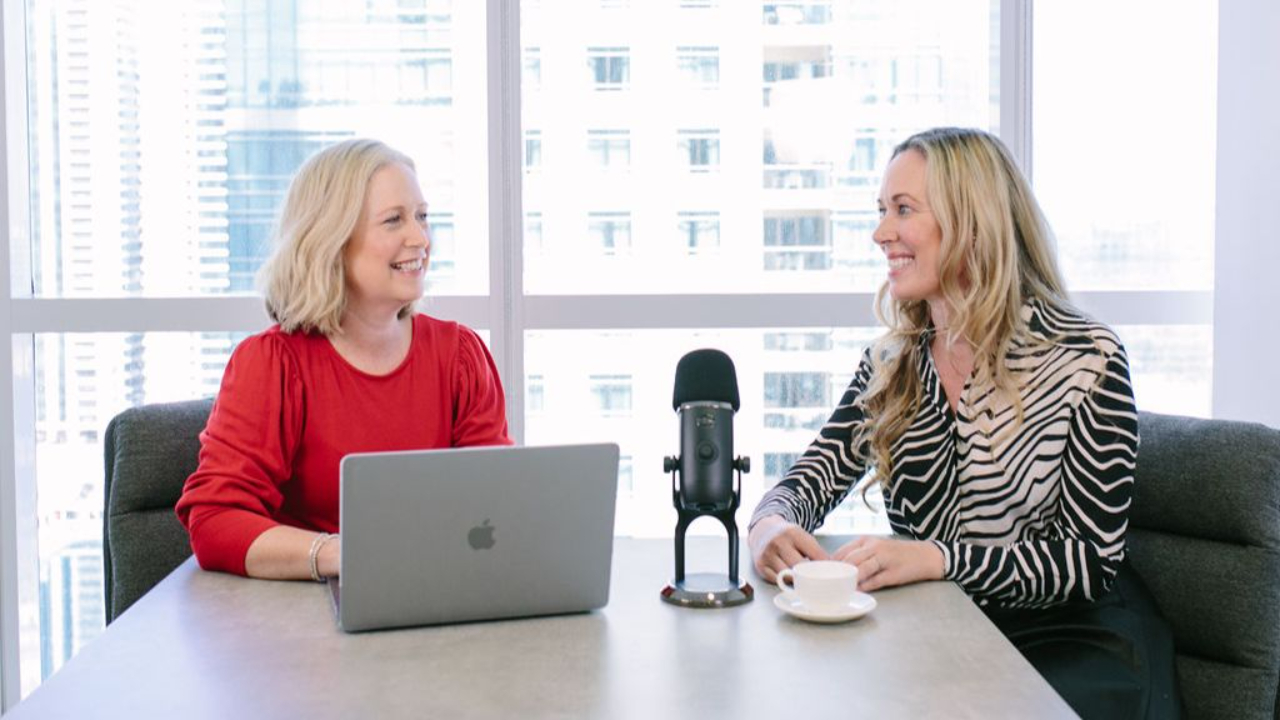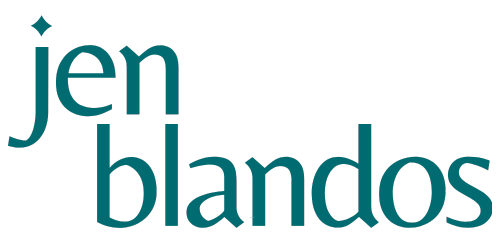30 Lessons I've Learned From 30 Podcast Episodes
Aug 28, 2023
It’s no secret that podcasting continues to emerge as a powerful platform for sharing insights, stories, and knowledge with a global audience. Whether you're a seasoned podcaster, or just stepping into the world of podcasting, there are always valuable lessons to be learned from those who have been on the podcasting ride before you!
Podcasting has become a powerful tool for entrepreneurs to get their message out to audiences they wouldn't necessarily be able to reach previously. To understand just how powerful podcasting is, let's have a look at the most recent statistics:
- 464.7 million people listen to podcasts globally, it’s predicted to reach 504.9 million by the end of 2024
- 22% listen to podcasts while driving
- According to Amplifi and Podnews, 44% of the podcasts have less than 3 episodes! Only 720k podcasts have more than 10 episodes. They also share that out of those 720k podcasts, only 156k are maintaining a consistent weekly episode release schedule
So although there are a lot of podcasts out there, the active number is quite small - this can mean a huge opportunity for you to get in front of your target audience.
GETTING STARTED
I often get asked by other female entrepreneurs how they can create their own podcast, so I'm sharing with you 30 insights that I've learned from having 30 episodes of the Women on the Rise podcast. I’ve broken it down into three areas of the podcast creation process: (1) the tech; (2) the content; and (3) the promotion of your podcast.
TECH INSIGHTS
-
Tech Isn't as Intimidating as It Seems: Overcoming the initial apprehension is key. Podcasters use various recording methods; choose what suits you, whether it's a phone, Zoom, Riverside, Streamyard, or Descript. Just start!
-
Invest in Quality Microphones: A Rode podcaster for home and a Rode WiGo2 for remote interviews proved invaluable. A good microphone enhances your audio quality significantly.
-
Silence is Golden: Finding a quiet recording spot is crucial. After trials, my TV room surprisingly offered the best sound quality, thanks to its controlled acoustics.
-
Studio vs. Home Recording: I began in a studio for polished sound. While studio time can be valuable, recording at home or on the road offers flexibility.
-
Utilise Video Opportunities: Video interviews offer bonus content for social media. Streamyard even provides separate audio channels for guests.
-
Remote Interviews: Quality Matters: When interviewing remotely, ensure guests have quality internet, camera, and microphone setups. Background checks help with video aesthetics.
-
A Captivating Intro is Key: A compelling podcast intro introduces you and sets the tone. It should be concise and engaging, with music as an optional addition.
-
Craft a Strategic Outro: Plan your outro with a clear call to action. Guide your listeners to a desired action after the podcast ends.
-
Delegate Editing to Experts: Hiring professionals to edit your podcast frees your time for other essential business tasks. Platforms like Fiverr or Upwork can help.
-
Choose a User-Friendly Hosting Platform: Select a podcast hosting platform based on your vision. Options like Libsyn, Spotify, Podbean, or even Kajabi's built-in podcasting provide varying features.
CONTENT WISDOM
-
Plan Your Podcast Intently: Define your audience, their interests, and how you can provide value. Tailor your content to address their needs.
-
Set a Consistent Publishing Schedule: Commit to a regular release schedule, whether weekly, bi-weekly, or monthly. Consistency builds audience trust.
-
A Name Matters, But Don't Stall: Select a podcast name you resonate with. Don't let the perfect name delay your launch; you can always tweak it later.
-
Create Striking Podcast Covers: Design captivating podcast cover art using tools like Canva. Align the visuals with your brand and make it eye-catching.
-
Decide Your Podcast's Format: Choose whether your podcast will include solo episodes, interviews, or a mix of both. Diversity keeps your content engaging.
-
Plan Out Your Early Episodes: Outline the themes for your initial episodes. This roadmap guides your content creation process and maintains a coherent flow.
-
Streamline Your Workflow: Utilise project management software to track your podcast creation progress. Tools like Monday, Trello, or Asana can help manage tasks.
-
Create a Dedicated Landing Page: Design a podcast landing page on your website. Include an embedded podcast player and images for each episode.
-
Repurpose Content for Maximum Impact: Extend your podcast's reach by repurposing episodes into blog posts, articles, social media content, and videos.
-
Curate Diverse Guest List: Feature guests whose insights resonate with your audience. Don't hesitate to reach out and invite them for interviews.
-
Prepare Guests Thoroughly: Provide guests with clear instructions and expectations before the interview. This ensures a smooth and positive experience.
-
Legal Protection for Guests: Have guests sign contracts outlining podcast usage terms. Protect your content and the agreement between you and your guests.
-
Thoroughly Research Guests: Investigate your guest's background, content, and social media. This prepares you for informed and engaging discussions.
-
Excel in Solo Episodes: Plan your solo episode content meticulously. Clearly structure your content and define the key takeaways for your listeners.
-
Master Content Batching: Record multiple episodes in a single session to maintain consistency and reduce stress. This practice ensures regular releases.
PROMOTION STRATEGIES
-
Strategic Episode Launch: When starting, release multiple episodes simultaneously or within a few days. A strong initial presence attracts listeners.
-
Build a Repeatable Promotion Process: Develop a consistent promotional routine, including creating social media visuals, posting content, and engaging your audience.
-
Empower Guests in Promotion: Encourage guests to share episodes on their social media platforms. Collaborate with them on promotional efforts to expand your reach.
-
Audience Growth Through Consistency: Focus on building a loyal audience by consistently delivering quality content. Encourage listeners to share and review your podcast.
-
Track and Analyze Performance: Monitor your podcast's analytics to assess growth and identify successful strategies. Use insights to refine your podcasting approach.
+ A BONUS INSIGHT!!
-
Embrace the Journey and Have Fun: Enjoy the podcasting process and don't be deterred by small initial audience numbers. Consistency and dedication lead to impactful growth.
Whether you're in the process of starting your podcast or looking to enhance your current one, we hope these lessons can help make your podcasting experience more enjoyable and effective. Remember, podcasting is not just about reaching large numbers; it's about building a loyal community and sharing meaningful content with the world.

